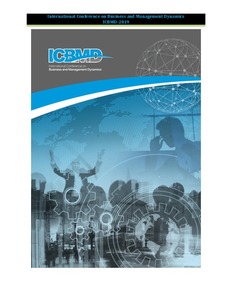Namibian High School students’ attitudes towards learning mathematics
Hamukwaya Shemunyenge Taleiko
https://urn.fi/URN:NBN:fi-fe2021042820983
Tiivistelmä
Students’ attitudes play a significant role in mathematics education. Attitudes determine one's behaviour, affect and beliefs, and even influence academic performance or an interest in a subject. To better understand Namibian students’ attitudes towards mathematics, this study examines the types of attitudes (e.g., self-confidence, math anxiety, enjoyment, motivation and usefulness) that are significant to learning mathematics. The study’s participants included 347 students (122 males and 225 females) from three high schools in the Omusati Region randomly selected. The students were from a varied social-economic and academic background and voluntarily agreed to participate in the survey. Quantitative and qualitative data were collected that included a Mathematics Attitude Questionnaire based on a five-point Likert scale adapted from research by Fennema and Sherman. The quantitative data were analyzed using Statistical Package for Social Sciences [SPSS], version 25.0, in which descriptive analysis was performed to calculate the mean [M] and standard deviation [SD]. The results revealed significant differences among the attitudes aspects of self-confidence, enjoyment, usefulness and motivation, while there was a low significant difference for the attitude aspects of anxiety. Additionally, there was a significant correlation between the attitude aspects of enjoyment and usefulness as related to the aspect of motivation. The results further found different qualitative reasons influenced the likes (e.g., career prospects) and dislikes (e.g., poor foundation) of mathematics (which is a focus of this paper) that were thematically analyzed using Walberg’s theory. The dislikes suggested that a detailed programme could alter students’ negative attitudes towards learning mathematics as well as teaching practices in general. However, because of limited space, this paper will only address findings from qualitative data.
Kokoelmat
- Rinnakkaistallenteet [27094]
